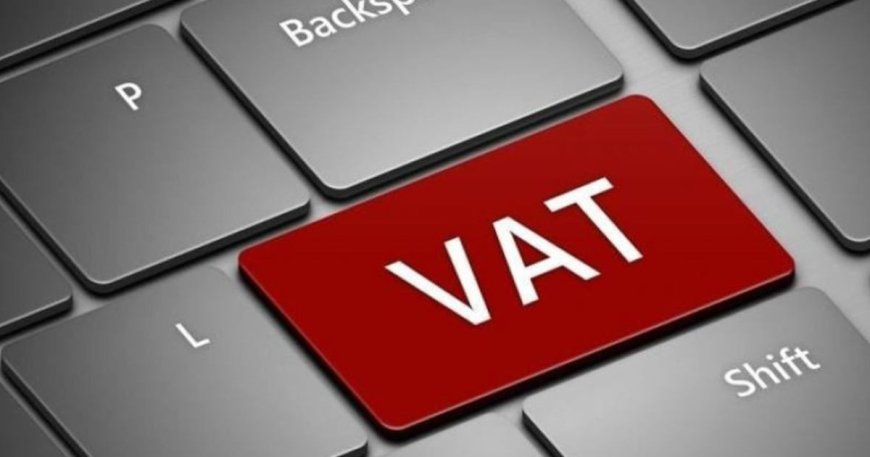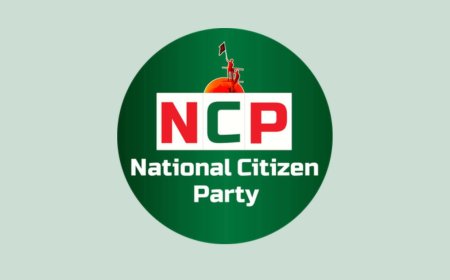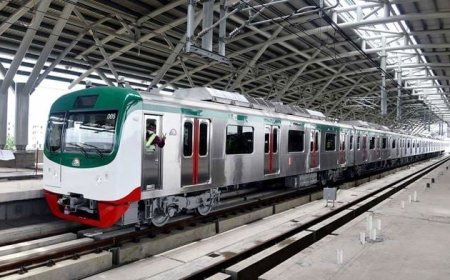Government increases VAT and duties on more than 100 items
Two ordinances regarding these changes were issued on Thursday night.

The government has raised Value Added Tax (VAT) and supplementary duties on over 100 goods and services midway through the 2024–25 fiscal year. Two ordinances related to these changes were issued on Thursday night: the Value Added Tax and Supplementary Duty (Amendment) Ordinance 2025 and the Excise and Salt (Amendment) Ordinance 2025. Following their issuance, the VAT division of the National Board of Revenue (NBR) issued directives, making the changes effective immediately.
As a result, prices for these goods and services are expected to rise, potentially increasing the daily living costs for ordinary citizens.
For instance, the higher supplementary duty on mobile phone services will lead to increased charges for calls and internet usage. Clothing prices may also go up, as well as the cost of dining at restaurants.
The price hike will also affect items such as sweets, medicines, LPG, fruit juices, drinks, biscuits, eyeglass frames, cigarettes, and a variety of other products.
Previously, a 20% supplementary duty was imposed on mobile SIM or RIM cards, which has now been raised to 23%, leading to higher mobile call and internet costs.
The VAT on bills from branded clothing stores and shopping malls has been increased from 7.5% to 15%, while VAT on all restaurants has risen from 5% to 15%.
Other items affected by the new duties include tissue paper, cigarettes, nuts, fruits like mangoes, oranges, grapes, apples, and pears, as well as fruit juices, paint, detergent, alcohol, potato flakes, plastic and metal eyeglass frames, reading glasses, sunglasses, electrical transformers and their oil, electricity poles, CR coils, GI wires, and travel taxes.
On January 1, the advisory council of the current interim government approved the NBR’s proposal to raise VAT and supplementary duties. After consulting with the Ministry of Law, the Chief Advisor and President approved the proposal, which was then issued as ordinances.
In the absence of a national parliament, the government decided to implement these tax and duty increases through ordinances, reportedly as part of the conditions for securing loans from the International Monetary Fund (IMF).
What's Your Reaction?
















































































